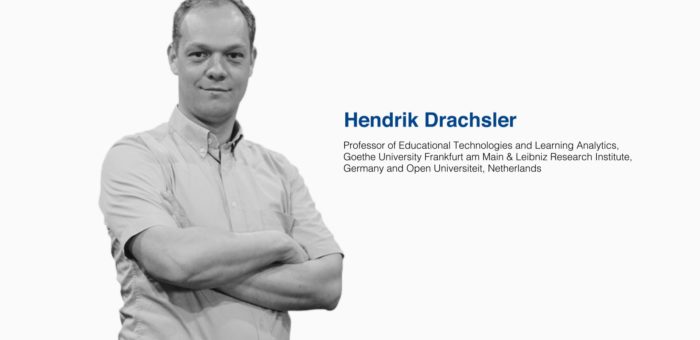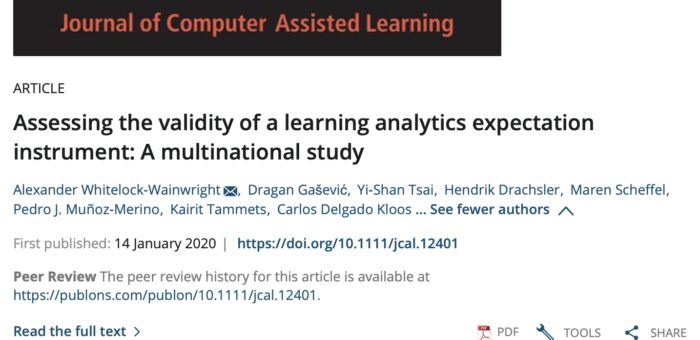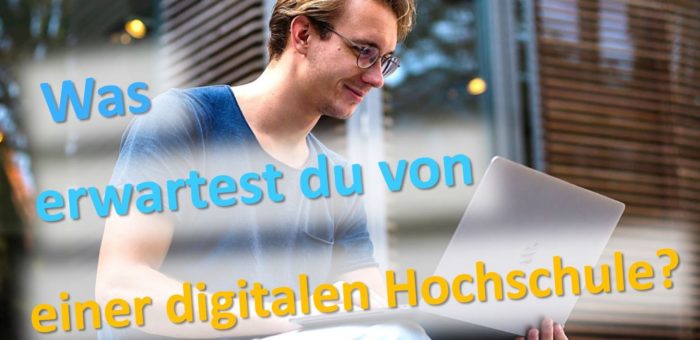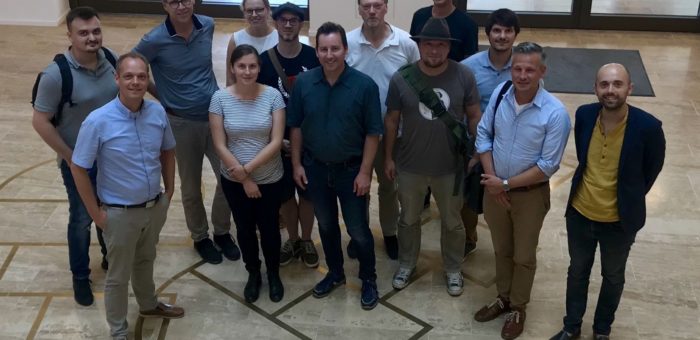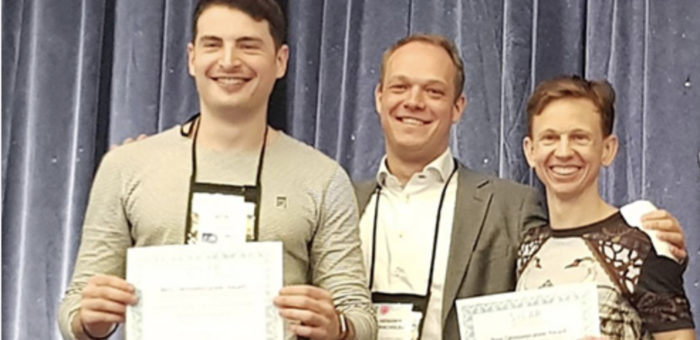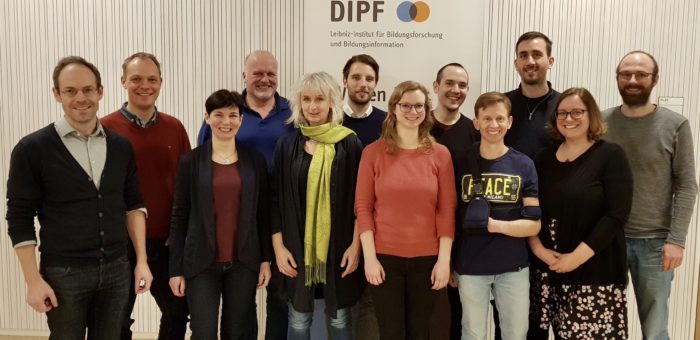
KickOff DiFA project
Group picture of the DiFA Consortium consisting of representatives from the Goethe-University Frankfurt, the Leibniz Institute LifBI, and the DIPF. On 03.02.2020 the KickOff of the DiFA project – Digital Formative Assessment – Unfolding its full potential by combining psychometrics with learnings analytics, took place at the DIPF. The DiFA project integrates methodological perspectives from educational assessment and learning analytics to develop new kinds of non-invasive assessment by exploiting digital trace data. The findings of this research are highly relevant for a better understanding of learner’s behavior, learning outcomes and for providing individual feedback automatically to learners in digital environments. More details about the project can be found on our project page.


